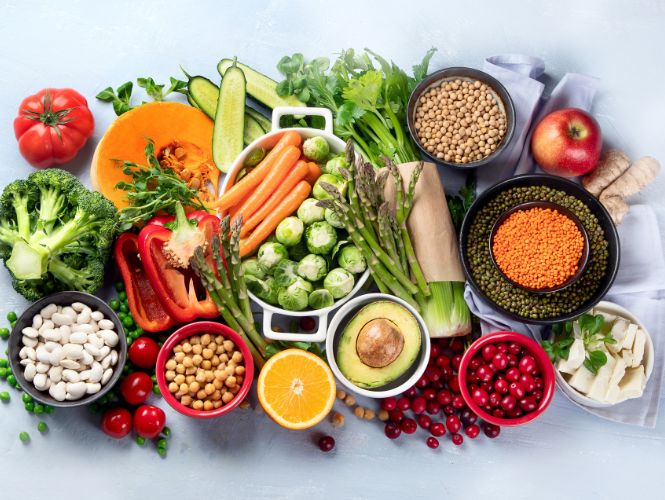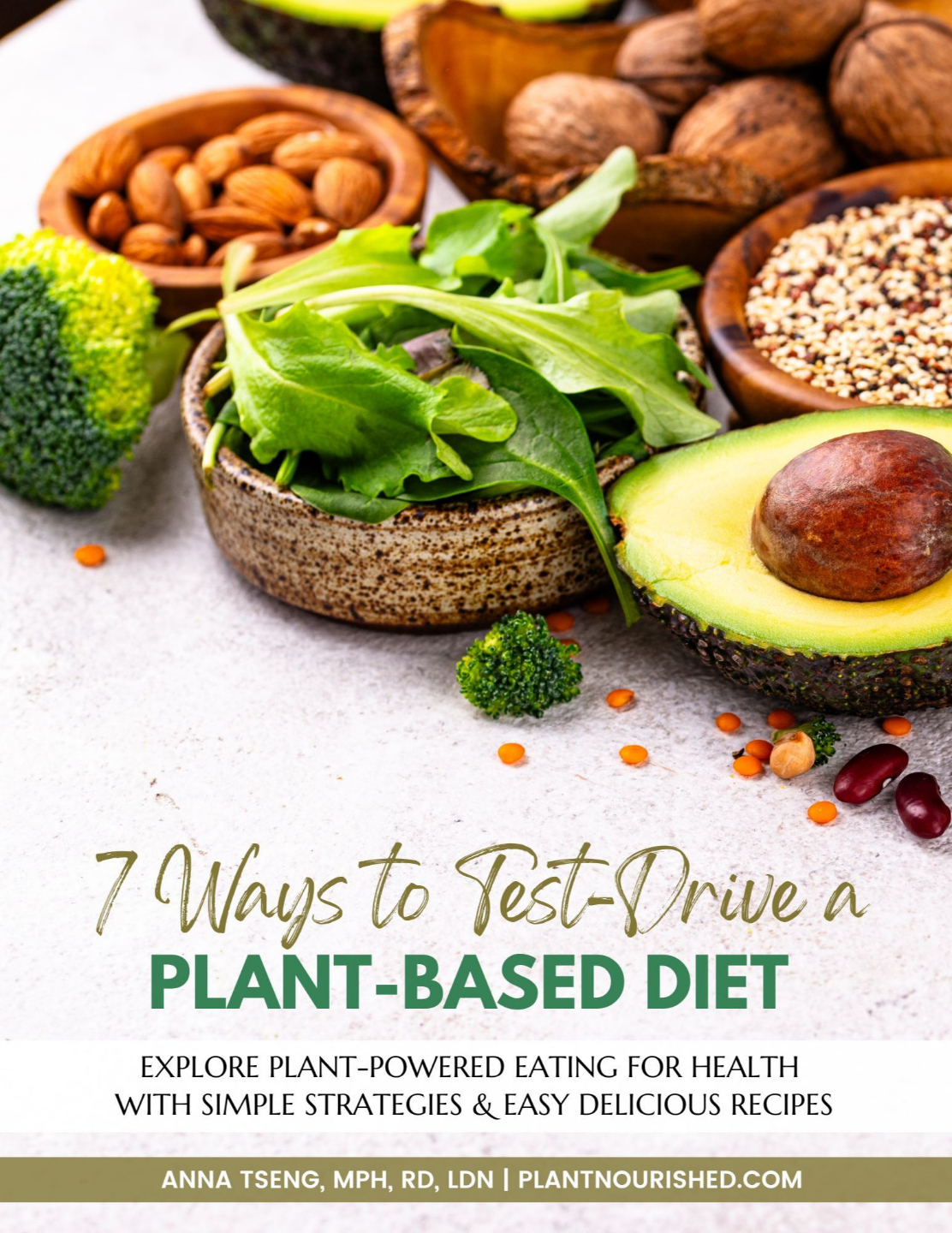Can You Train Your Tastebuds to Like Vegetables?
Dec 12, 2022
Can people who dislike eating fruits and vegetables begin to view plant-based foods differently and actually start enjoying them after switching to plant-based eating? If so, how fast can one expect such a change to happen? This article looks at the fascinating world of our tastebuds to see whether and how they change, and how this may impact our plant-based diet transition experience.
Too Old to Learn New Tricks?
If you’ve been eating a meat-based diet for most of your life, you may have quite a few concerns about moving to plant-based eating. These can include worries about what foods to buy, prep and cook, as well as how to make meals tasty. But in the back of your mind, one subtle worry could also be this, “Will I actually grow to like these plant-based foods?” If you’ve heard of the saying “you can’t teach an old dog new tricks,” that might be how you’re feeling about your tastebuds.
So is a change in perception in taste like this even possible, and if so, how fast? Yes, I do believe this is possible. Read on to find out why.
First, the Science
Did you know? Our taste perception comes through groups of taste receptors cells (TRCs) organized as taste buds on the tongue and found in other areas of our mouth. When we eat food or drink a beverage, these TRCs play an important role in passing taste information from our mouths to our brain centers via gustatory sensory neurons. Moreover, these taste receptor cells within the tastebuds are constantly renewed. In fact, every 1-2 months all taste cells are steadily replaced. Isn’t that fascinating? So as you move to a plant-based diet, and focus on eating a variety of colorful and nutrient-rich whole plant-based foods, your tastebuds will indeed naturally adjust, and your enjoyment of these foods will definitely increase over time!
A Personal Taste Test Experience

Some time ago, I inadvertently put my husband’s and my own tastebuds to the test when we switched to just dark chocolate in our home. I had always enjoyed dark chocolate but we had not really tried much of the super dark kind that was at least 85% cacao. I remember the first time I gave him a bar that was 90% cacao. He tried a piece, made a face but said that overall, it seemed alright. He did still gradually eat it over time though (especially since he has a sweet tooth). On the other hand, I personally found this dark chocolate a little bitter and could only take a small amount at a time (which was good since chocolate is rather calorie dense)!
Then, for Father's Day, I got him a bar that was 95% cacao. But by then, about a month later, we had both already gotten used to the bitter-sweetness so 90% dark chocolate actually tasted rather sweet, while the 95% seemed only a tiny bit more bitter - but still very enjoyable.
In fact, when I found an orange-flavored dark chocolate bar that was 100% cacao – I knew we had to try it. But by this time, our tastebuds must have adjusted because my husband and I both thought the pieces we had with the orange-tinged flavor were fine and didn’t find it too bitter tasting at all!
Key Takeaways
So can our tastebuds change? We’ve seen from the science that taste receptor cells do turn over quite frequently, so it is definitely possible to grow to enjoy plant-based foods in a different way over time. As you explore different seasoning combinations and methods of cooking with a variety of colorful whole plant-based foods, you may also discover new and tastier ways of preparing plant-based foods to form delicious meals.
Having worked with clients and those in my community making the change to plant-based eating, I have seen similar stories from other people’s experiences. It is not uncommon to hear how a person changed from previously not eating a lot of vegetables to now enjoying the tastes of many whole plant-based foods. It’s like rediscovering foods again and experiencing the nuances of flavors previously seemingly hidden in plant-based foods, but now unlocked!

This may also be because our taste buds are no longer being assuaged by tastes of food heavily blanketed in oil, salt, sugar and other added-on additives or flavors often found in heavily processed commercial foods, so the newer taste receptor cells being regenerated are able to appreciate better the more subtle flavors and tastes of whole plant-based foods. Examples of this would be the nutty tastes of hemp seeds, the earthy tones of cumin spice, or the vibrant rich sweetness of a fresh strawberry. You may even begin to discover that many whole plant-based foods can often be enjoyed on their own either fresh, lightly cooked, or drizzled simply with a light dressing, without needing heavy sauces and seasonings.
What About You?
Most of us can probably think of at least one food we used to hate as a child growing up but now enjoy and love. For me, that was eggplant (or aubergine). Perhaps you can recount a food experience like this too. If you’ve begun transitioning to plant-based eating, have you found yourself developing a new appreciation for the natural tastes of minimally processed or unprocessed whole plant-based foods? Do share your thoughts and comments on this topic by sending it to healthnow@plant-nourished.com, as I would love to know!
Sources:
- Barlow LA. The sense of taste: Development, regeneration, and dysfunction. WIREs Mech Dis. 2022 May;14(3):e1547.
- Vincis R, Fontanini A. Central taste anatomy and physiology. Handb Clin Neurol. 2019;164:187-204.



